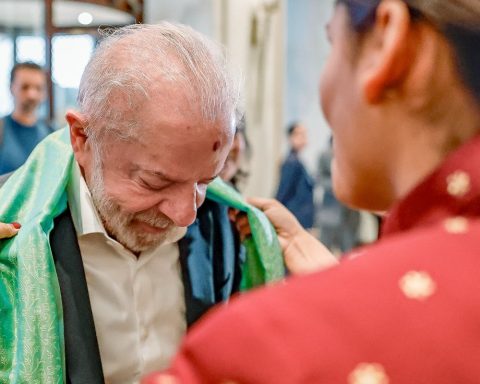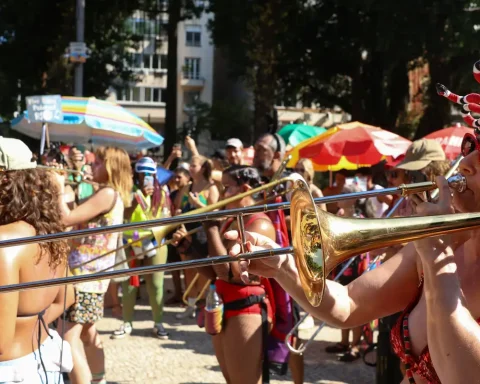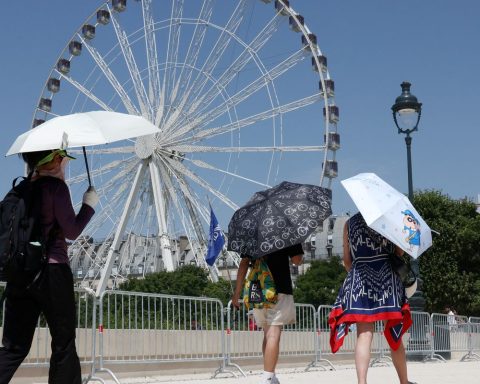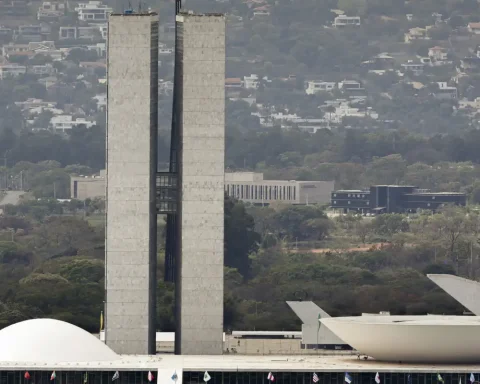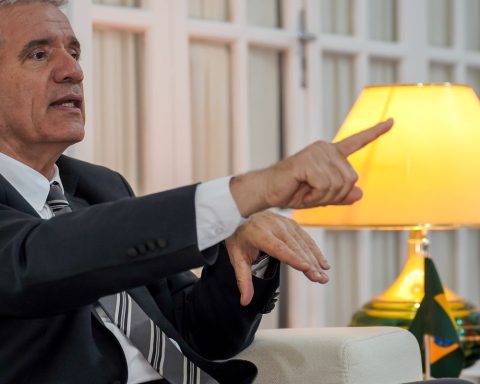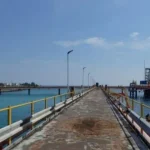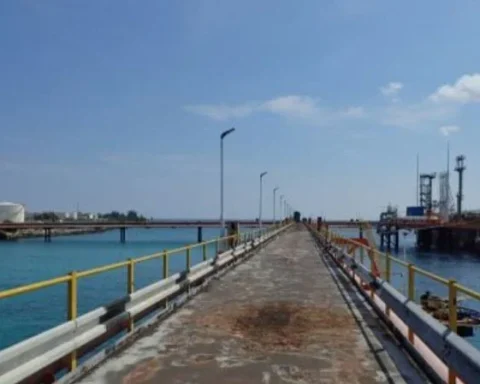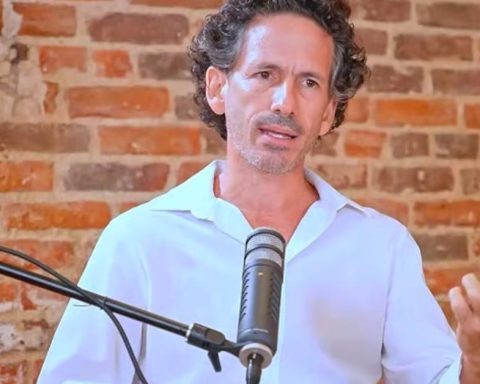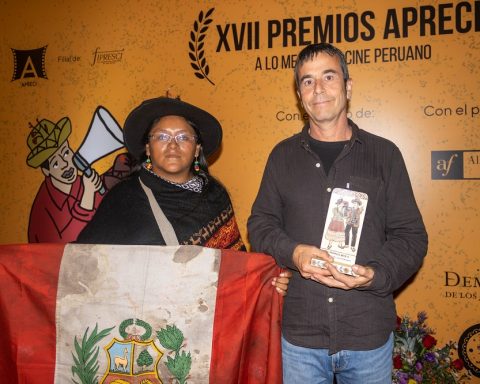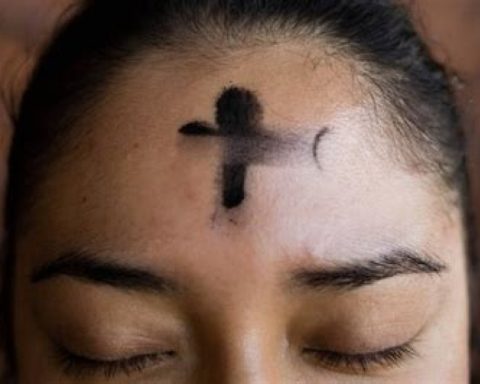Military police officers in Rio de Janeiro began today (30) to use portable video cameras attached to their uniforms. In the first stage, the equipment will be used in patrol actions by police officers from eight battalions – Botafogo, Méier, São Cristóvão, Tijuca, Olaria, Ilha do Governador, Copacabana and Leblon – and the 1st Independent Company of the Military Police, based in Laranjeiras. .
At the opening ceremony of the operation, the Secretary of the Military Police, Colonel Luiz Henrique Marinho Pires, said that the cameras will serve to protect the police and society. “The equipment comes for protection, it does not come to punish or to supervise anyone, the equipment comes to protect the troops, protect our work, protect society.”
According to Pires, the use of cameras will also lead to a change in the behavior of the military police and society, which “has long wanted” the implementation of filming equipment for the corporation’s actions.
According to Governor Cláudio Castro, the cameras, which will initially be used by patrol teams, will help to resolve doubts about possible errors by security agents, whose actions are often misunderstood. Castro explained that the use of the camera is part of a process of evolution of the Military Police w that will be able to clarify when it is not the police who make mistakes.
He reported that 21,000 cameras were purchased that will go to patrolling sites. “Who will say the learning curve and the time to move forward is the Military Police of the State of Rio de Janeiro, and I reiterate my confidence in the Military Police.”
Operations in favelas
The governor said there is no provision for operational units, including the Civil Police, which operate in favelas, to start using cameras. According to Castro, this would put the police officer at risk. “The operation is planned, has a strategy, has secrecy. You have to be very careful, especially thinking about the police officer’s life. I can’t put my policeman, who is already there on the front line, exchanging fire. How am I even going to expose where he comes in, his strategy. So, you have to be very careful not to become a police carnage. On the other side, there are also people studying our steps. I will not put my police officer’s life at risk,” he emphasized.
For the coordinator of the Grita Baixada Forum, Adriano de Araújo, one of the human rights organizations that demand the use of cameras in police uniforms, the initiative is welcome, however, alone, it will not be able to reduce the deaths caused by the of security.
“Everything that involves technology needs details on other procedures to guarantee the final objective of the filming. That the camera cannot be turned off by the policeman himself, that the images are archived for a considerable time, because sometimes reports can take a long time to arrive. That there is technology that prevents the editing of images and, above all, that families involved in possible violations and the lawyers themselves, have access to the images”, Araújo pointed out.
Vila Cruzeiro
About last week’s operation in Vila Cruzeiro, which ended with 23 deadCastro said he was in agreement with the action for breach of fundamental precept judged by the Federal Supreme Court in February, which imposed on the government and security forces of Rio de Janeiro a series of measures and criteria to reduce police lethality in the state.
“It was a joint operation with three forces: Military Police, Federal Police and Federal Highway Police, demonstrating the integration that exists today between the security forces. The weapons seized alone demonstrate the need to carry out that operation, which aimed to arrest the leaders of the most dangerous criminal faction in Rio de Janeiro,” he said.
In São Paulo, after the implementation of the personal camera system, the Military Police battalions that adopted the equipment had 87% reduction in the occurrences of confrontation.

